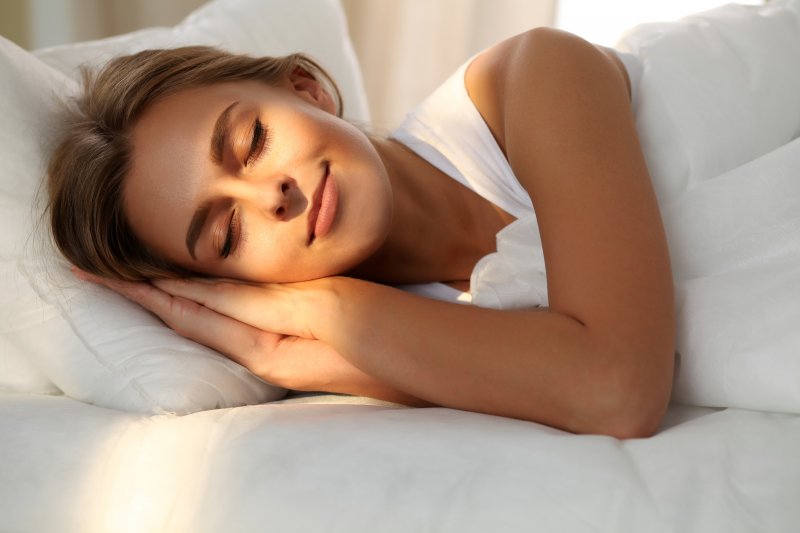
When you think about Summer, you probably think of people engaging in activities like swimming, parasailing, riding bikes, or having fun with friends. What you don’t typically associate with summer is consistently getting a good night’s rest. Sleep can be difficult in the warmer, muggier air, especially if you have sleep apnea. Here are some things that might be keeping you from resting during the summer and some tips to help you get around them.
Your Room Is Too Warm
Your body is sleeps better at a cooler temperature, and flipping your pillow to the cool side isn’t going to work if the rest of the bedroom feels like a sauna. In fact, the heat makes it harder to enter the deeper stages of slumber like REM sleep. The effects of missing out on deep sleep extend throughout the day, as you’ll have less energy for work and play while feeling grumpier in general. Positioning your bed near a fan, open window, or air conditioning vent can help your body cool to a better temperature for sleep. You might also want to wear loose bedclothes and use comfortable sheets. The best temperature for a sleeping space is between 60 and 67 degrees.
Nights Are Shorter
It’s no secret that, unlike bats, raccoons, and vampires, humans prefer to sleep at night. In fact, light exposure can keep people awake. Because nights are shorter during the summer, your brain might have too much light stimulation to start winding down as early as it would in other seasons. If your sleeping space has too much light at bedtime, you might consider getting a set of blackout curtains to make things darker.
It’s not going to help that the longer daylight hours probably lead you to eat later. Eating requires the human body to work and expend energy, increasing its metabolic rate. This will in turn raise the core body temperature, making it harder to go to sleep. The best solution here is to refrain from eating meals for a few hours before going to bed.
Summer Can Bring Allergens
Plants put a lot of pollen into the air during the warmer months of spring and summer. If you have seasonal allergies, this means lots of sneezing. While allergies can hinder sleep by making breathing difficult and uncomfortable, the jarring motions of coughing and sneezing have a way of keeping you up. If you’re having difficulty sleeping with allergies, try closing the windows to keep the pollen out of your sleeping space while washing your sheets weekly. Using an air purifier might also help alleviate allergy symptoms. You might also take a decongestant or drink water before bed.
If you wish you could keep your bed in a walk-in refrigerator during the summer, you’re not the only one. Fortunately, there are some other good ways to mitigate the aspects of summer that can make sleeping difficult. Getting a good night’s sleep can be the difference between your day at the beach being a royal drag or one for the photo album.
About the Author
Dr. Cher Rich graduated with her dental degree from the University of Texas at Houston Dental School in 2002. She opened her Houston dental office in 2007 and has loved serving patients there ever since. Her practice provides services including preventative, restorative, cosmetic, and emergency dentistry in addition to sleep apnea therapy. If you are wondering how you can sleep better with sleep apnea during the summer months, contact her office online or dial (281) 469-6281.
